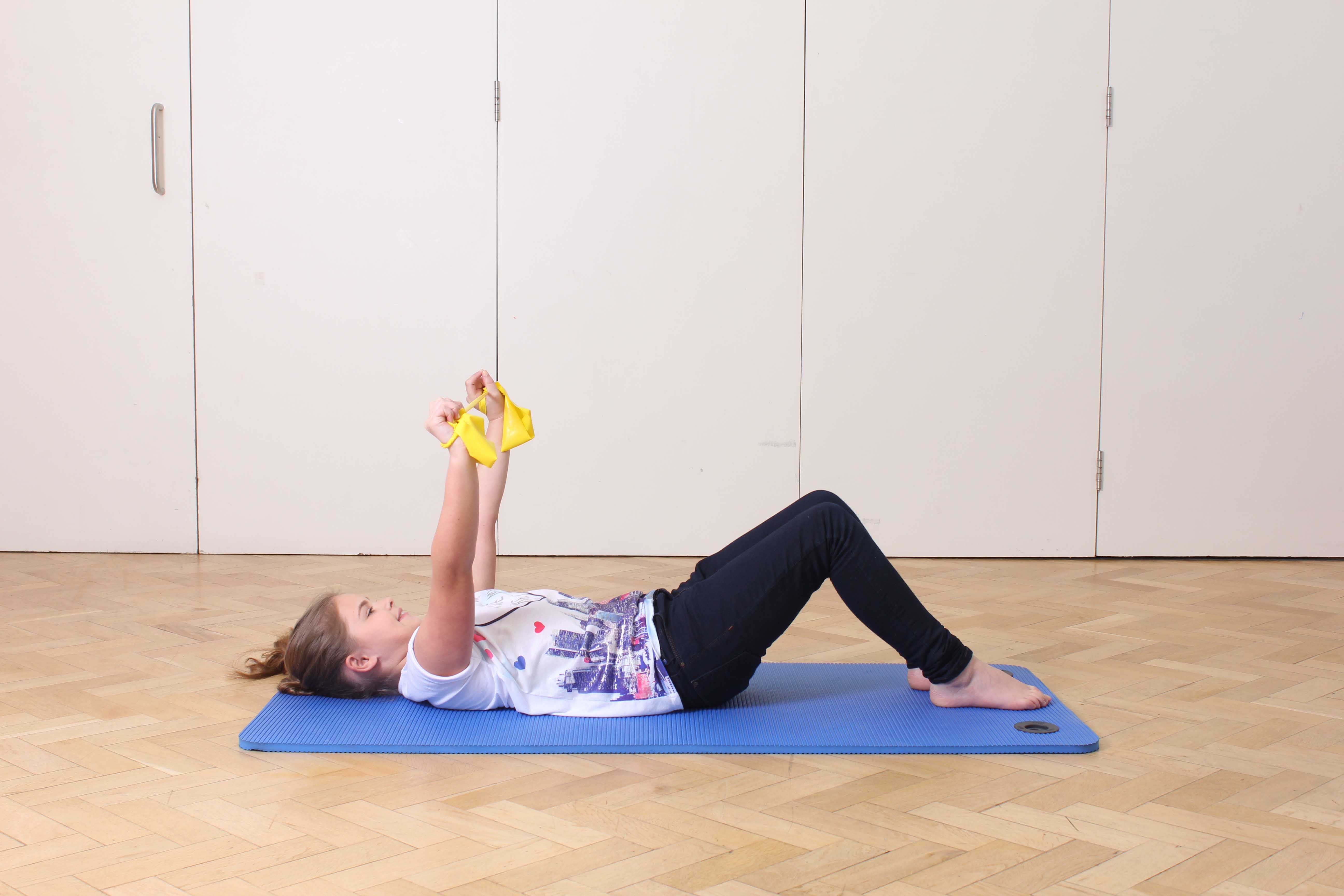What is spina bifida?
Spina bifida is an umbrella term used to describe different types of birth defects that affect the development of the spine. The severity and symptoms of the spina bifida can vary depending on the type which may include:
- Spina bifida occulta – is the most common and type of spina bifida which leads to a small opening in the spine, with a tiny gap between one or more vertebrae and usually requires no treatment.
- Spina bifida meningocele – is the rarest type of spina bifida that involves the protective membrane of the spinal cord pushing out of the spine. This can be removed surgically and no further treatment is usually required.
- Mylomeningocele - is the most serious form, where the spinal column remains open causing the protective membranes and spinal cord to push out creating a sac that may or may not be covered by skin. Physiotherapy for this type of spina bifida is vital in your childs recovery, to maximise potential with everyday activities and achievement of developmental milestones such as walking and running.
 Above: Upper limb strength and mobility exercises using a resistance band
Above: Upper limb strength and mobility exercises using a resistance bandWhat causes spina bifida?
It is unknown what causes spina bifida however there are certain risk factors which increase the chance of your child developing the condition and may include:
- Insufficient intake of folic acid during pregnancy
- Previous child with spina bifida
- Medication such as valproic acid and carbamazepine used to treat epilepsy and some mood disorders, such as bipolar disorder and schizophrenia.
- Mother with diabetes
- Mothers who are obese
What are the symptoms of spina bifida?
The effects of spina bifida will vary according to the type, location and amount of nerve damage in the spinal cord. In mylomeningocele there may be:
- Partial or complete paralysis of the parts of the body below the spinal level affected, which impacts on development of gross motor skills such as sitting, standing and walking.
- Altered sensation
- Altered bladder and bowel control
- Hydrocephalus (excessive fluid in the brain)
- Secondary effects of altered muscle control impact on musculoskeletal system (can lead to dislocated joints, scoliosis etc)
Diagnosis of spina bifida
Diagnosis of spina bifida is usually confirmed during routine blood tests carried out during pregnancy.
Physiotherapy for spina bifida
Spina bifida can have a significant impact on your childs functional activities including walking, dressing, and playing games at school throughout their infancy and childhood.
Physiotherapy treatment should start as soon as possible in order to maximise your childs functional potential and to prevent any secondary complications as they get older.
Your physiotherapist at Physio.co.uk, will firstly assess your childs range of movement, strength, balance and sensation in order to develop an individualised treatment program which may include:
- Practicing functional activities such as sitting, transferring and walking
- Correcting posture in lying sitting and standing
- Exercises that are fun and stimulating to maintain or improve muscle strength
- Stretching tight muscles to prevent development of contractures
- Provision of appropriate orthotics
- Exercises to improve balance and coordination and to prevent risk of falls
- Hydrotherapy to maximise strength and mobility
Physio.co.uk can provide treatment of children with spina bifida across Greater Manchester and Cheshire. We can provide assessment and treatment at our clinic, a child’s school or at your home for your convenience.
For more information on physiotherapy for spina bifida, or to book an appointment please call 0161 883 007, or book online today!

 0330 088 7800
0330 088 7800

































